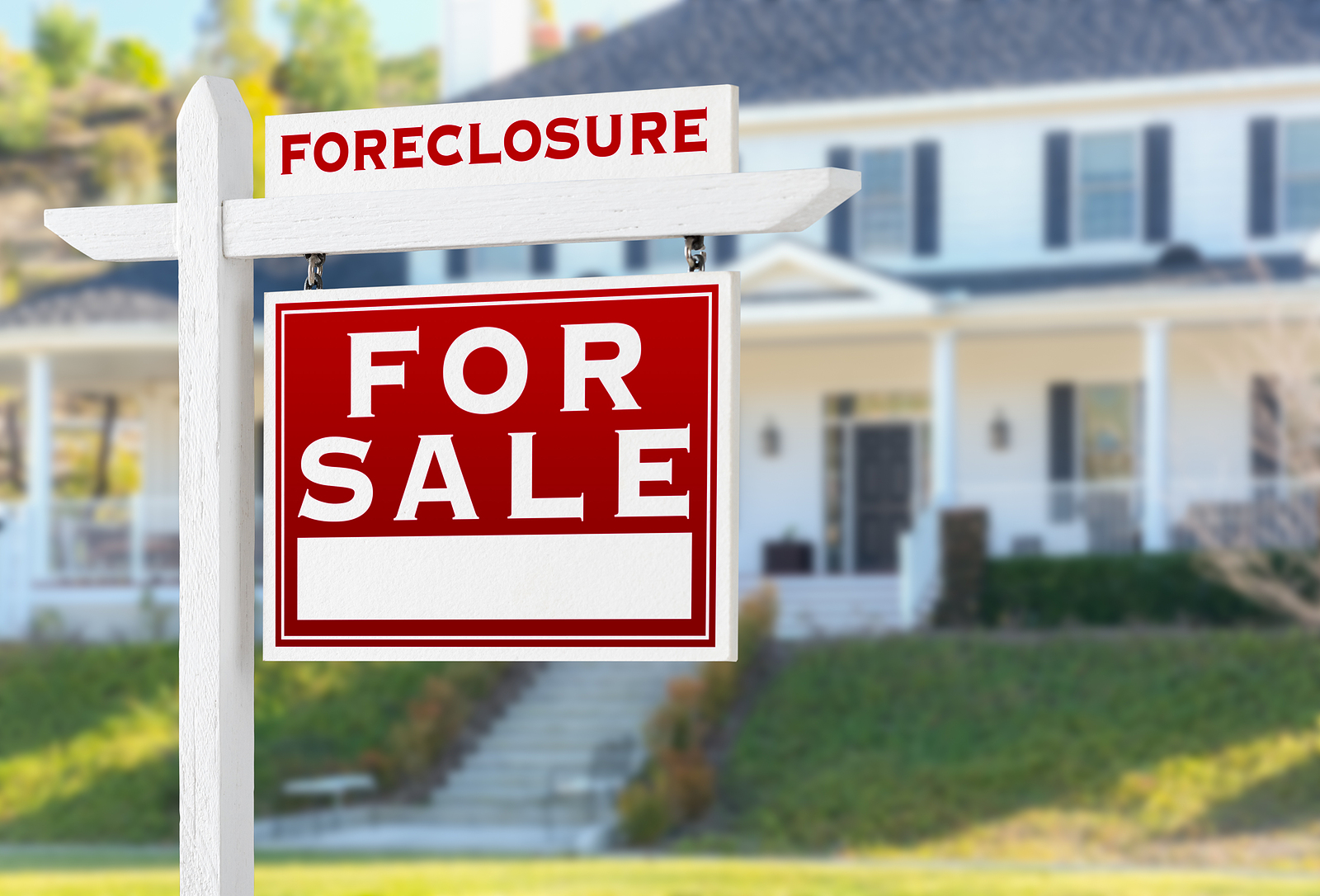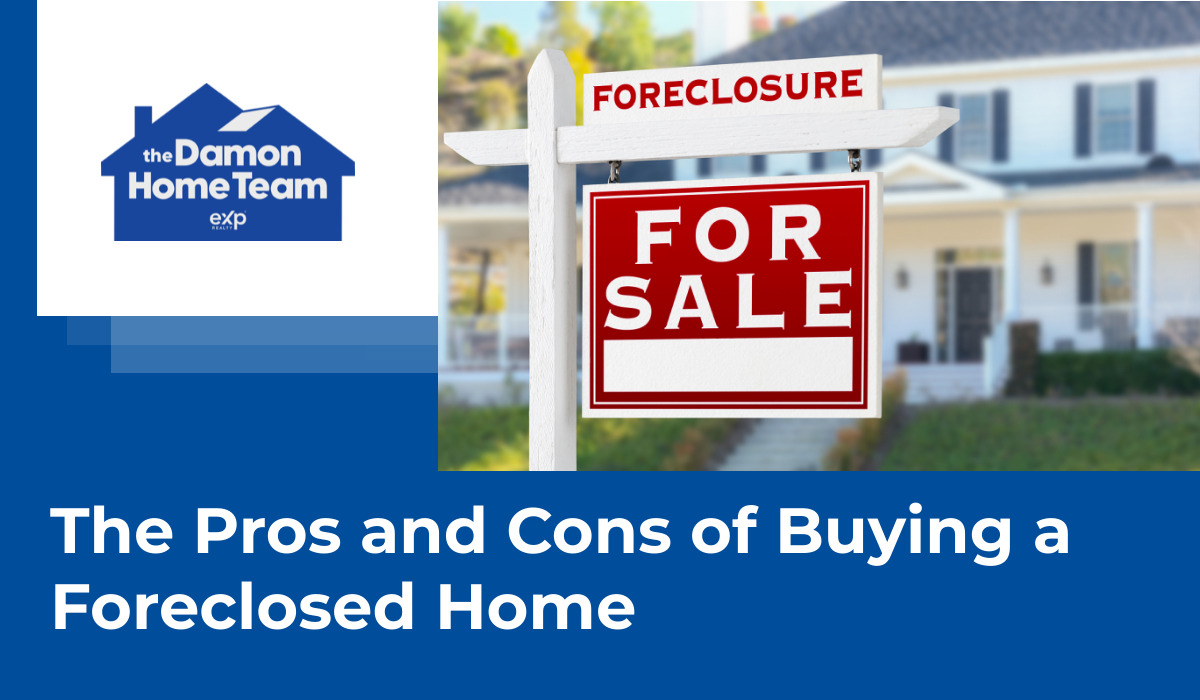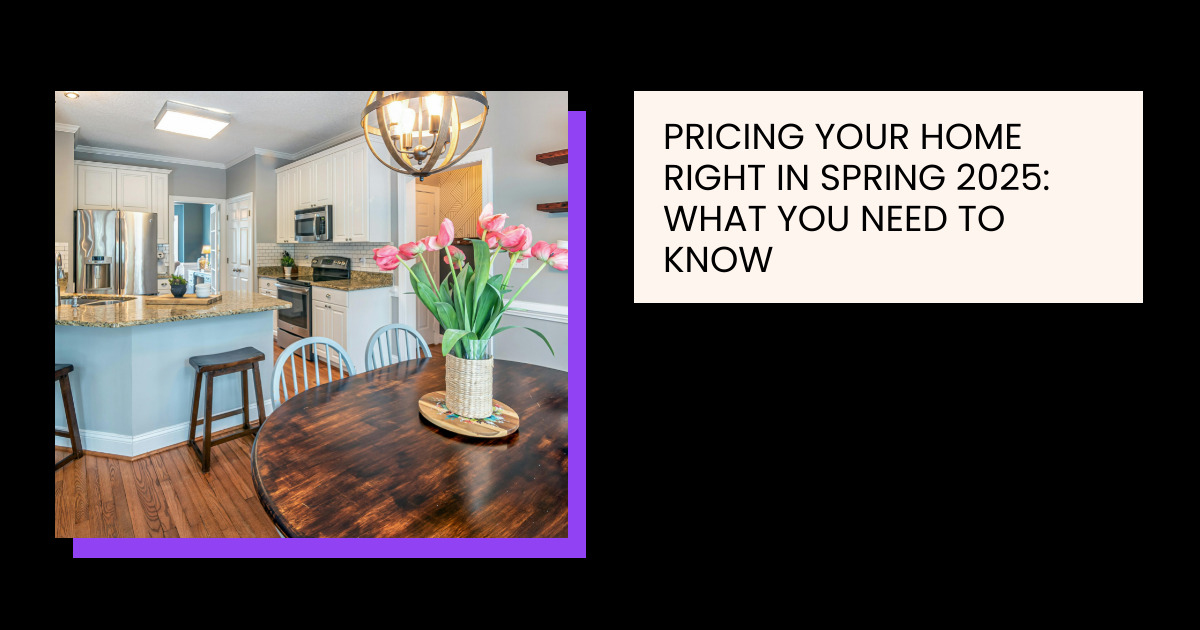
A foreclosed home is a home that has gone through foreclosure. Foreclosure is the legal process in which a lender repossesses a property from someone who has defaulted on their loan, usually by failing to make their mortgage payments. You can then buy the foreclosed property from the lender—sometimes at a great discount. There is some risk in purchasing a foreclosed property, however; check out the following pros and cons to decide if it’s worth the potential reward for you.
Pro: lower price
When a bank takes possession of a property through foreclosure, they want to sell it again quickly to recoup their costs. These can include the unpaid balance of the loan, outstanding property taxes, the costs of the real estate transaction, and any remaining liens they had to pay off. Since they want to do this as rapidly as possible, you can usually buy a foreclosed home at a lower price than homes in the surrounding area.
Foreclosed homes are also cheaper because they are not typically in turn-key condition. They need repairs—sometimes major—-and they’re sold “as-is,” meaning that the bank is not going to make improvements to the property for you before you buy it or move in. This does mean that you can snatch up a foreclosed home at a lower price than a similar home in perfect condition, but you should be prepared for the cost of repairing and renovating it.
Pro: potential for investment
Because of the condition and lower price, the potential for return on your investment with a foreclosed home is high. They’re a popular option with experienced home flippers who can buy a foreclosed home at a discounted price, make the necessary repairs and updates, and then sell for a profit. Just make sure that if you’re planning to do this, you get a thorough and detailed home inspection in addition to contractor estimates on the cost of repairs before you buy. This will help ensure that your investment makes money and doesn’t end up costing more than you can get out of it when you sell.
Pro: bargaining power and concessions
With a foreclosed property, you may have more bargaining power and an easier time getting concessions on the terms. Why? Banks are not in the business of owning property, because between taxes, insurance, and an emergency cash fund, owning property costs money—so they want to get out quickly. Additionally, banks don’t live in the home you’re buying and have no emotional attachment to it. This means that they’re more likely to make concessions to sell a foreclosure quickly than a conventional seller. If a bank is trying to move a foreclosure that’s been on the market for a while, you’ll have a lot of bargaining power and should ask your real estate agent about what requests they think are reasonable in your market.
Con: unpredictable timeframe
Despite banks wanting to offload foreclosed homes as quickly as possible, the timeline for actually closing on a foreclosed home can be unpredictable and take a long time. Even if you’re the only one who makes an offer—which is unlikely—the lender may own many foreclosed properties. This means it can take a while to work through all the requests for information and offers that come in, which in turn slows response times between parties. Foreclosures may have specific rules about when the home can be shown and by whom, which can get in the way of the inspection process. There’s also more paperwork associated with buying a foreclosure, and completing and processing all of it usually takes longer than it does for a conventional home sale.
All foreclosures are different, and every bank works at a different speed. Getting preapproved for a mortgage or having your all-cash offer ready to go is one way to speed up the process. Talk to your real estate agent for more tips on helping your transaction go smoothly.
Con: home condition
Foreclosed homes are typically not in great condition, and here’s why. If a bank is foreclosing on a house, it’s generally because the owner has not made their mortgage payments for an extended period of time. If someone is in a situation where they’re unable to make their mortgage payments, they usually also don’t have the time, energy, and money to spend on home maintenance and repair either. Homes tend to fall into disrepair before foreclosure is final, especially once the process has started and the owner knows the home will no longer be theirs. When they leave, they may not always be able to take all their belongings with them, which means that you could end up buying a home full of furniture, clothing, food, and even trash that you’ll have to dispose of later.
Additionally, once the owner has vacated the property, it will likely sit empty for a period of time before you purchase it. This opens the home up to squatting and vandalism, which can further deteriorate the condition of the home. For this reason, it’s important to get thorough inspections and repair estimates before you buy.
The bottom line
Buying a foreclosed home can be an excellent way to get a great deal, but it’s not without risks. Talk to your real estate agent to find out if it’s the right decision for you based on your budget, timeframe, and goals.






